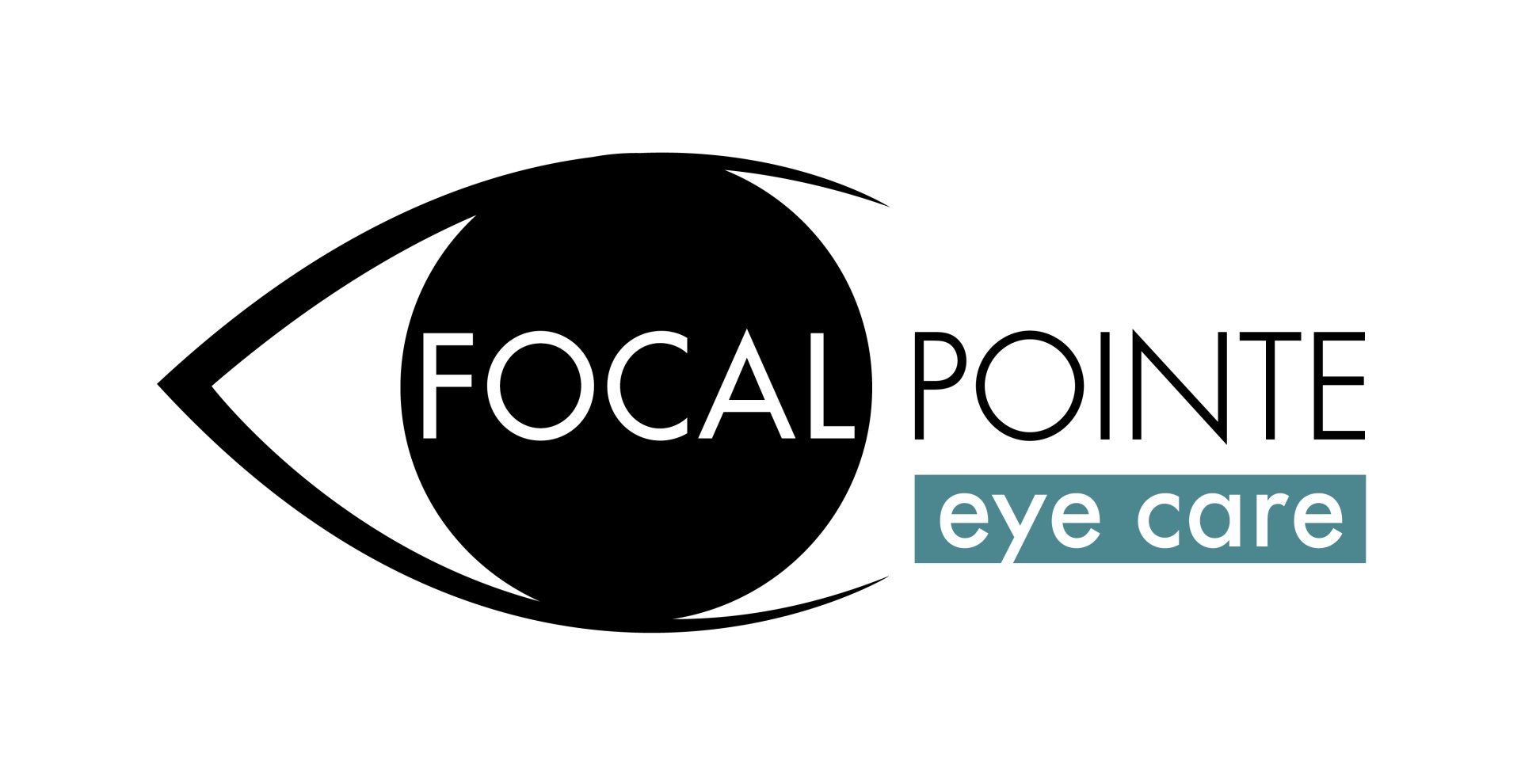FAQ's
Here are answers to some of the most common questions we receive about vision and eye health.
I think I might need glasses. Can you help?
Yes, but prescribing glasses or other corrective lenses and helping you find the right set of frames is only one part of our job. We take a holistic approach to the health of your eyes, not just your current vision status. That’s why we focus not only on what you need today, but on identifying conditions that could affect your eyes in the future as early as possible.
Will my eyes need to be dilated?
Some optometrists use a photographic machine which claims to “replace” dilation. Unfortunately, there’s still nothing better than examining a patient with human eyes. Even a highly-skilled optometrist can miss critical signs of vision loss by examining a photograph, because the retina (the orange lining inside your eye) covers the entire surface inside your eye.
The black part of your eye, called the pupil, is a lot like the aperture on a camera lens: when you open up the aperture, you let more light in and get a brighter picture. Something similar happens when your eyes are dilated—more light is entering the eye. The retina acts as the “film,” picking up the light information that passes through the pupil.
To ensure that we get the best possible examination of your retina, we will use one or two drops of liquid to dilate your eyes, which will cause the pupil to temporarily open wider. This makes it easier for the optometrist to get a clear view inside your eye, but also causes short-term sensitivity to light that will typically last about 4–6 hours.
What happens during an eye exam?
Optometrists provide comprehensive eye examinations with dilation to improve visual disorders through prescriptions for corrective spectacle lenses and contact lenses. They are trained in prescribing specialized adaptive vision aids for subnormal vision, or loss of vision from diseases such as macular degeneration and stroke.
Optometrists develop and maintain professional referral relationships with family practitioners, internists, endocrinologists, neurologists, ophthalmologists and other physician specialties to ensure that eye health is maintained in concert with overall physical health and wellness.
Will you puff air into my eye?
No, our office does not use the “puff” test to measure eye pressure. Due to the unpopularity and inaccuracy of the “puff” test, we have chosen other methods to accurately measure your eye pressure.
Tonometers have several variations, but all help determine whether you have glaucoma. The standard method of measuring your eye pressure is using a Goldmann applanation tonometer. This requires a blue applanator probe to get close to the eye. At the most, you may feel the tonometer probe tickle your eyelashes as your pressure is measured.
The Icare tonometer is the one of the newest ways to measure intraocular pressure. It is based on a new measuring principle, in which a very light probe is used to make momentary contact with the cornea. The measurement is barely noticed by the patient and does not require any drops prior to the measurement.
What else does an optometrist look for?
Eye Diseases
Optometrists detect, diagnose and treat eye diseases. These diseases include infections (viral and bacterial), ocular inflammations and ocular allergies. They manage and treat diseases of the eye and eyelids. They also manage cataracts, glaucoma and diabetic retinopathy.
Optometrists treat eye diseases with any indicated systemic and/or topical medications to improve overall health and vision capabilities.
Eye Injuries
Optometric physicians treat eye injuries including red eyes, ocular abrasions, and foreign objects in the eye and eyelid. They routinely treat cysts, chalazia, trichiasis, disorders of the lacrimal system and dry eye.
I want to learn about eye doctors in Ohio
For more information about your Ohio optometrist,
click here for the Ohio Optometric Association.
